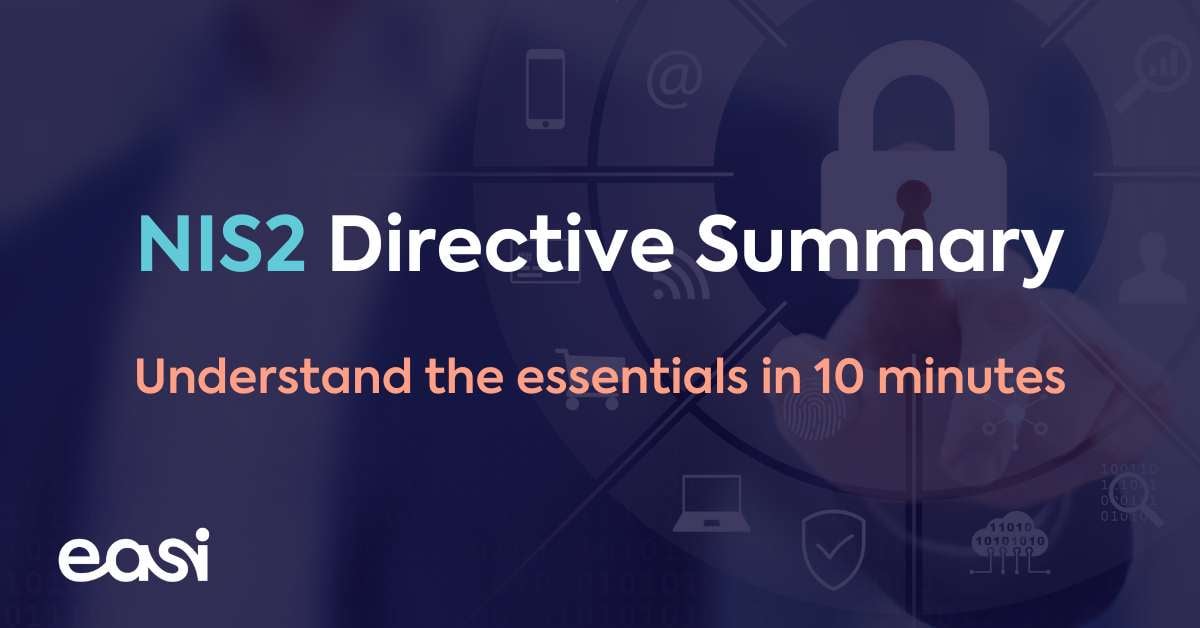Speed never takes priority
When backing up large systems and files, an infrastructure or system can easily be put to the limit of its capabilities. When you are backing-up your data with a deduplication-capable agent, the CPU’s of your backup-server can be put to their limits. During backups of large files, your network could be overloaded. If you are backing up to a remote site, your internet connection could be saturated.
To prevent all this from happening, you should always find a good balance between backup-speed and the impact it could have on.
Know what you should backup
- Are you backing up everything that should be backed up? Didn’t you miss that one workstation in that one dark and remote location?
- Aren’t you backing up too much? System files & database archives aren’t really always worth it to backup with each cycle…
As storage (especially off-site) is becoming more available, but is still somewhat expensive, you should take a good look at what is business critical and what not. Deduplication is the answer!
Full vs Incremental Backup
A lot of backup agents these days are capable of creating a “synthetic” full backup. They do this by concatenating different incremental backups and merging them into an image. A feature like this will save you a lot of backup-time and storage because no unchanged files will be copied over.
Monitoring!
Be pro-active with your back-ups! Just because your backup-agent reports that the backup succeeded, doesn’t mean it is 100% okay. Take the time once in a while to do a restore test. Make sure everything is included in your backup and that no critical data is left out. That no machine is left out.
Deduplication
As explained in my previous article about deduplication, data deduplication can save you money on storage cost, and reduce the network traffic.
As every infrastructure is different, it is impossible to write down an “applies to all” guide. If you have any questions about this topic, feel free to contact us and we will be happy to help you.





